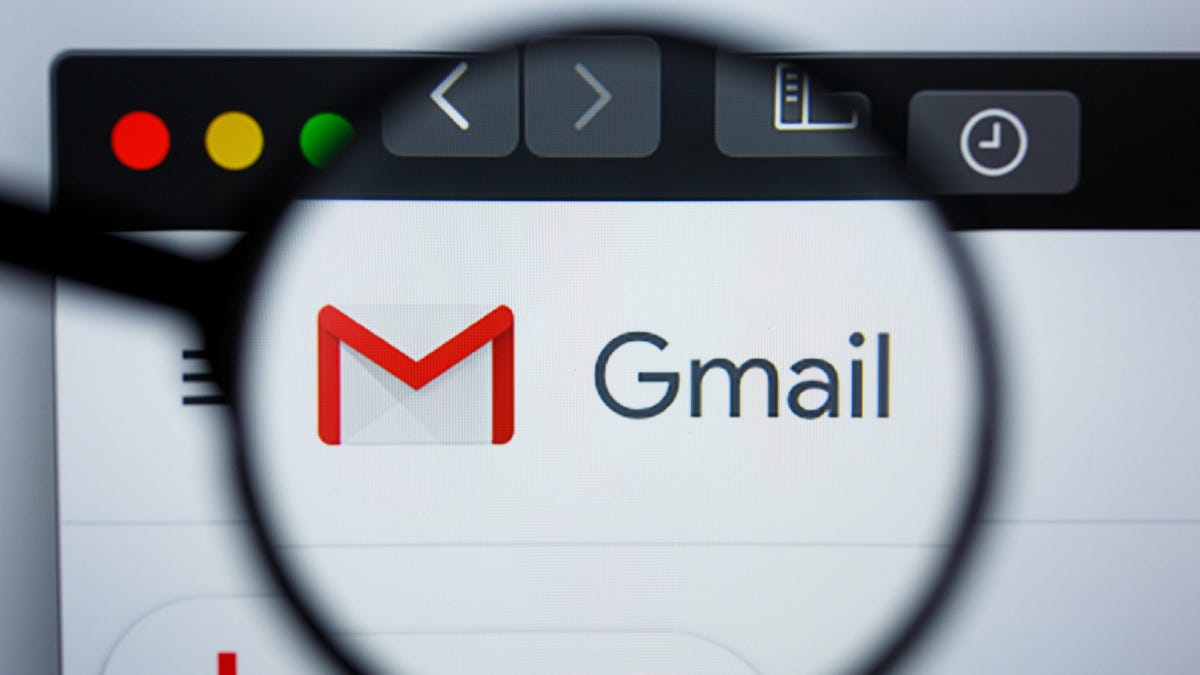FEC Approves Google’s Plan for More Political Gmail Spam

Gird your inboxes. A vote by the Federal Election Commission on Thursday indicates that more political spam emails may be coming for Gmail users.
In a 4-1 vote, the FEC voted to approve an advisory opinion on Google’s proposed new pilot program for the 2022 election cycle that would keep campaign emails out of users’ spam folders. Back in July, Google asked the commission whether the pilot was legal or whether it would be considered an in-kind contribution, which refers to gifts of goods or services given to campaigns. In its advisory opinion, the FEC stated that the pilot would not break any laws.
This does not mean that Google will go forward with the pilot program, which is directed at authorized candidate committees, political party committees, and leadership political action committees. The company hasn’t announced its decision yet, but it will at least know that it’s not doing anything illegal if it implements the changes. Google spokesperson José Castañeda told Gizmodo in an email on Thursday that the company appreciated the FEC’s speedy review of its request.
If Google does decide to put the pilot program in place, that doesn’t mean that users have no way to send political emails to spam. Rather, users will have to mark these political emails as spam upon receiving a first or subsequent email, Google explained.
News of the FEC’s decision will most likely be celebrated by Republicans, who saw red and cried “Big Tech bias” when a March study from researchers at North Carolina State University found that Gmail marked 59.3% more emails from the right as spam compared to candidates from the left. In response, Republicans introduced a bill seeking to ban email providers from marking emails consumers elected to receive as spam.
G/O Media may get a commission
Save Up to $300
Galaxy Z Fold4
Today, Samsung unveiled everything new in its lineup of Galaxy products. Bundle a pair of Buds 2 Pro with either a Watch5 or Watch5 Pro with the Z Fold4 to receive $300 in Samsung credit.
However, as reported by the Washington Post, authors of the study cited by outraged Republicans state that politicians are cherry picking results and misrepresenting their findings. Muhammad Shahzad, one of the study’s lead authors, told the Post that Gmail’s spam filters demonstrated bias in their “default behavior” with newly created email accounts. However, once the researchers simulated user preferences by marking some emails as spam and leaving others in the inbox, Gmail’s spam filters adapted.
“What we saw was after they were being used, the biases in Gmail almost disappeared, but in Outlook and Yahoo they did not,” Shahzad, an associate professor at North Carolina State University, said.
Google, for its part, claims the study has major flaws and states that Gmail does not have a political bias when it comes to spam.
On the user side, news of the FEC’s decision was not celebrated. More than 2,500 comments on the agency’s site poured in, with many fuming about the proposed pilot.
“Swamp my inbox with political spam if you want me to switch to my Yahoo account full time. I’m not married to your service,” reads a comment from Thomas Beard from July 11.
Another commenter by the name of Kathryn Workman said they were opposed to thpilot and pointed out that they are already “inundated with unwanted emails, many of them political.” Workman added that they do not want more emails from political individuals and entities that they consider disturbing.
“I am very literate and read political information daily. If I want additional information, I contact or sign up for emails from the sources I want,” Workman said.
Castañeda said Google will now “reflect on the positive and negative feedback received during the public comment period,” he said.
“Our goal during this pilot program is to assess alternative ways of addressing concerns from bulk senders, while giving users clear controls over their inboxes to minimize unwanted email,” Castañeda said. “We will continue to monitor feedback as the pilot rolls out to ensure it is meeting its goals.”
Source link





